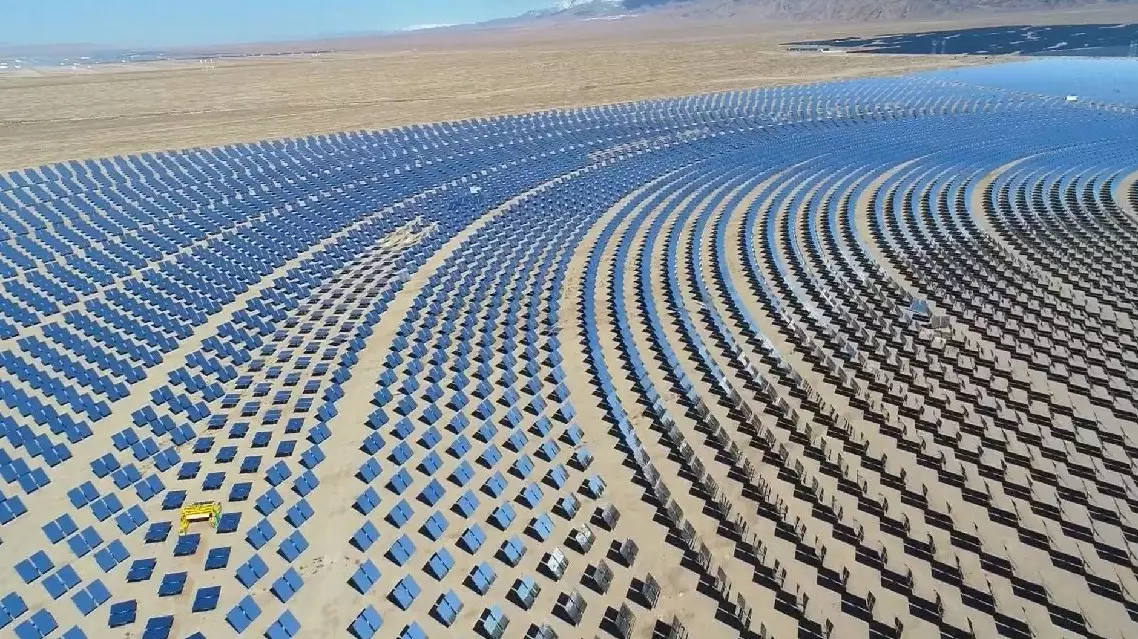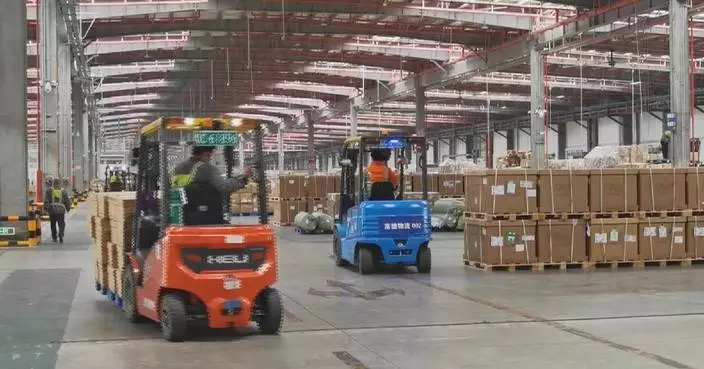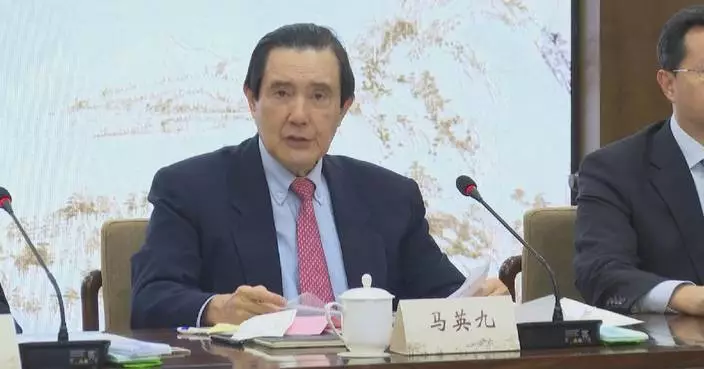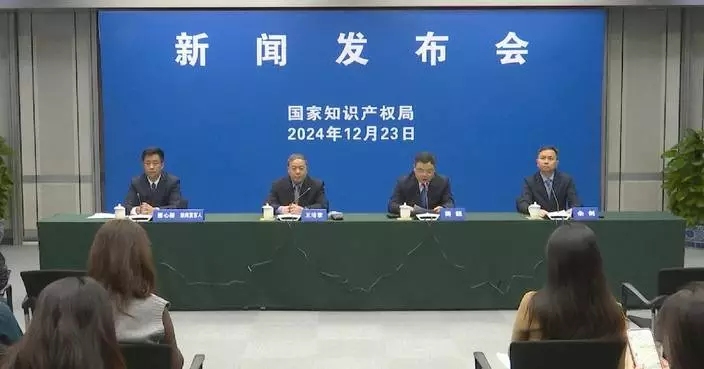Despite limited medical resources, a group of medical specialists from China has been doing their best to assist and treat victims of Vanuatu's recent devastating earthquakes.
A 7.3-magnitude quake struck the Pacific island nation on Tuesday, claiming at least 14 lives, injuring over 200 people, and causing widespread damage, including flattened homes and destroyed vehicles.
Adding to the devastation, a 6.1-magnitude quake struck again in the early hours of Sunday.
Amid the chaotic rescue efforts, a team of eight doctors and one nurse from China, who have been in Vanuatu since early September for a year-long rotation, is racing against time to assist patients at the Vila Central Hospital, the only hospital in the capital, Port Vila.
"Most of the patients suffered from fractures to the limbs -- arms or legs or hands," said Chen Mulei, leader of the medical team.
The hospital itself was also damaged in the earthquake.
"At the beginning, there's no electricity, there's no water and some medicine dropped off the walls," said Dr. Wang Rui.
The hospital quickly became overwhelmed with casualties, and to make matters worse, the operating theater was damaged and remained closed even days after the quake. As a result, all surgeries had to be moved to another part of the hospital.
"Each day we come here in the morning at about 08:00 to help all the rounds and see the seriously ill patients. And also in the afternoon and each night, we are on call. They moved [patients] to the ICU to do the operations. The operation room is very small and the resources are not enough. So there's limited treatment of the patients," the leader said.
"The most important [thing] is to reorganize the hospital and make sure every doctor has their job to treat the patients and the most important is the [work] of surgeons," Dr. Wang said.
Despite the obstacles and challenges of working in the aftermath of a major disaster, the team members said they are exactly where they want to be.
"It's our pleasure to come here and help this country with the earthquake [response]," Wang Guoji, a surgical nurse with the team.

Chinese medical team provides critical aid to Vanuatu earthquake victims

Chinese medical team provides critical aid to Vanuatu earthquake victims

Chinese medical team provides critical aid to Vanuatu earthquake victims









